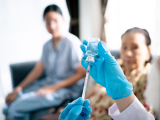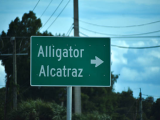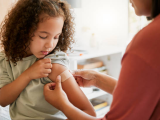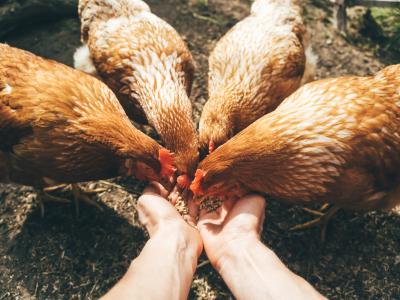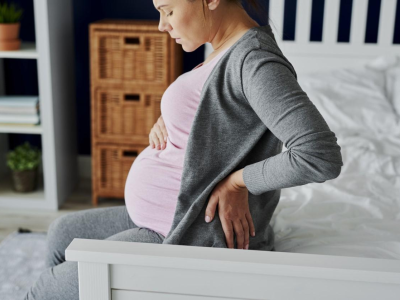Feb 1, 2011 (CIDRAP News) – A preliminary report from Finnish health officials today said the link between narcolepsy in children and the Pandemrix 2009 H1N1 vaccine appears to be real, but more study is needed to explore the possible role of other factors.
The investigators from Finland's National Narcolepsy Task Force found a ninefold increase of narcolepsy in children and young adults ages 4 to 19 who received the vaccine compared with their unvaccinated peers, according to a press release from the country's National Institute for Health and Welfare. They said the effect was most pronounced in those ages 5 to 15. They didn't find a link in those under age 4 or over 19.
They based their findings on discharge data from patients who were hospitalized with narcolepsy during 2009 and 2010. They used primary care records to gather data on pandemic vaccination.
Narcolepsy was reported in 60 Finnish children and adolescents in 2009 and 2010. A panel of neurologists and sleep researchers reviewed their records. Of those with narcolepsy, 52 (nearly 90%) had received the Pandemrix vaccine. Vaccine coverage for the entire group was 70%.
Finland's vaccine adverse event registry received through Jan 24 of this year 56 reports of narcolepsy in those who received Pandemrix. All but two were in the 4-to-19 age-group. In most cases, narcolepsy symptoms started about 2 months after vaccination.
"The observed association is so evident that it is unlikely that other so-called confounding factors could fully explain the phenomenon," the group said in a press release.
Reports of a possible narcolepsy link to the Pandemrix vaccine in Finland and Sweden came to light in August 2010. The following month Swedish regulators issued a preliminary report finding no link between immunization and the condition.
Among other countries that used Pandemrix, increased numbers of narcolepsy cases were seen only in Finland, Sweden, and Iceland, the Finnish investigators noted. However, Iceland also found a greater-than-expected number of narcolepsy cases in unvaccinated children and teens.
Further investigations will explore infections or other factors that occurred in the children around the time they receive the pandemic vaccine. The group said they would explore a range of possible epidemiologic, immunologic, and genetic factors that could contribute to the development of narcolepsy. Specifically, studies will be conducted to detect if children with a genetic disposition to the condition or those who got sick varied in their response to different components of the Pandemrix vaccine.
The group said it would release its final report by Aug 31.
In August 2010 Europe's drug regulatory agency, the European Medicines Agency (EMA), launched its own review of the narcolepsy reports in Finnish children vaccinated with Pandemrix, which it expected would take several months to complete. In September a panel from the group said there was no need to restrict the vaccine's use and that benefit-risk balance continued to be positive.
GlaxoSmithKline, the maker of Pandemrix, said in a statement today that it is reviewing the task force report, but said it is premature to draw any conclusions about any possible link between the vaccine and narcolepsy until the EMA completes its investigation.
The company said it has been working closely with the EMA and other groups to better understand the reports.
More than 31 million doses of Pandemrix have been administered in 47 countries, Glaxo said. As of yesterday the company had received 162 reports of narcolepsy in people who have been vaccinated. Seventy percent were from Sweden and Finland.
The World Health Organization (WHO) said in a release today that it was aware of the preliminary report from Finnish health officials and agrees that further study is needed. It said its Global Advisory Committee on Vaccine Safety is considering all available data on the increased narcolepsy reports and will issue a statement within the coming days.
"Recommendations for the use of seasonal 2010/2011 influenza vaccines in children and adolescents remain unchanged," the WHO added.
See also:
Feb 1 Finnish government press release on narcolepsy link to pandemic vaccine
Feb 1 WHO statement on narcolepsy-vaccine findings
Glaxo statement on narcolepsy report
